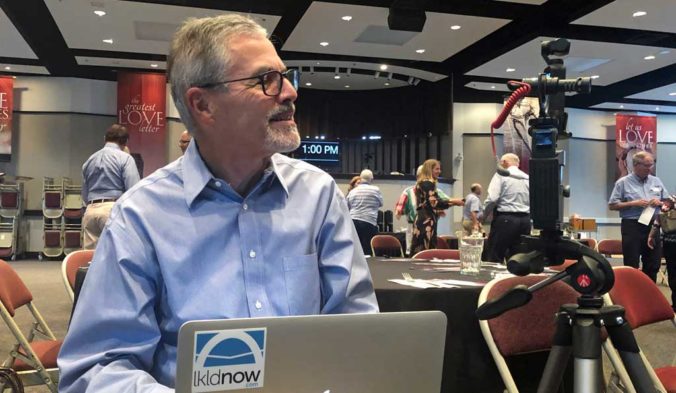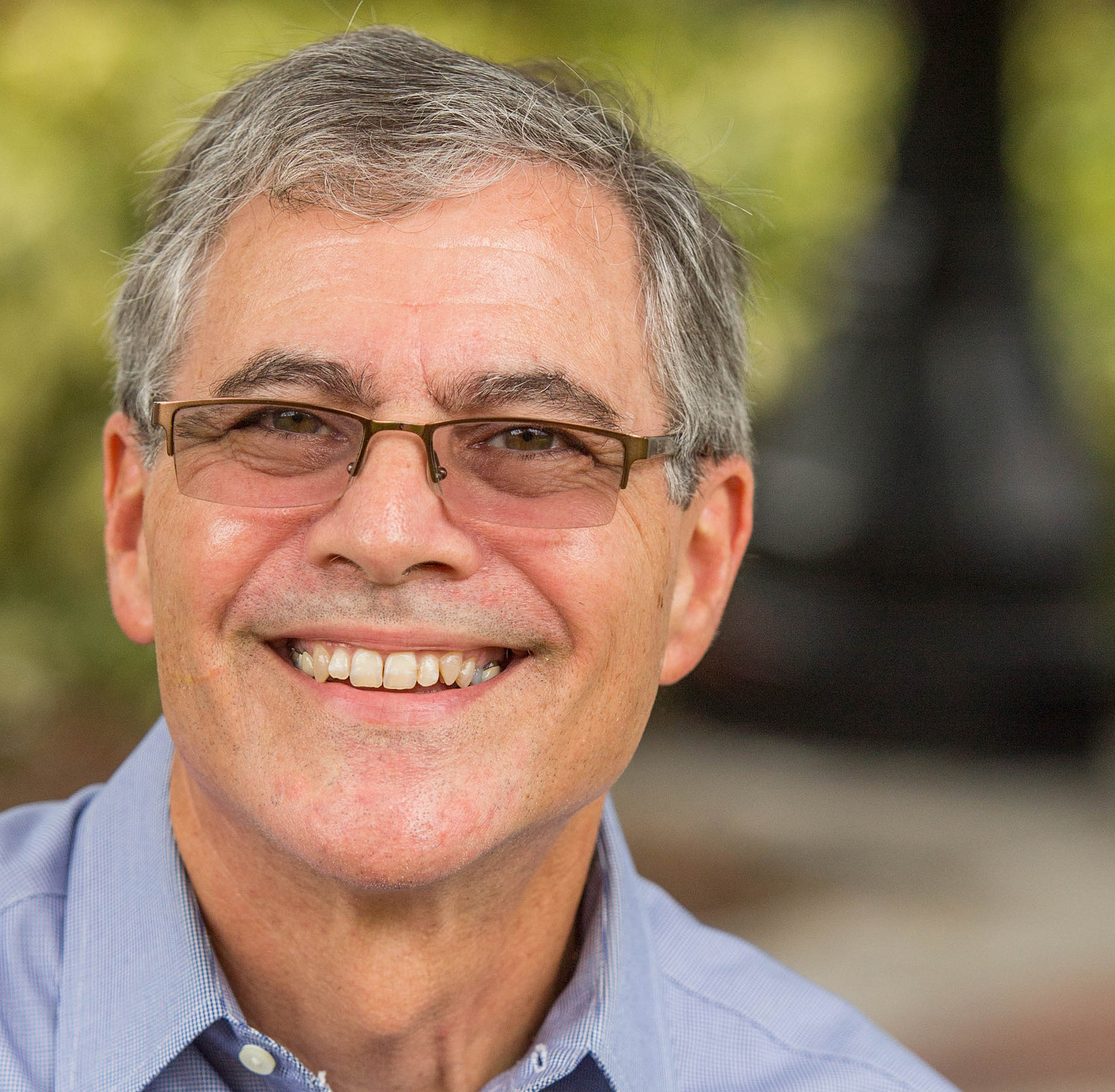When I formed LkldNow in 2015, I became a reporter again after 38 years as an editor.
At first, it felt like it was taking me longer to write articles than when I was a fresh-out-of-college rookie in the mid-1970s. I thought it was because I was re-learning the craft — and that might have been true.
Then it felt to me like I was taking more time to find just the right word or phrase to make sure I was reporting clearly and in context. My editing experience — and life experience — had shown me over the years that it’s often difficult to capture nuance.
Also, when I write, I feel like I challenge every word and sentence for accuracy: Is this something I know to be true? Can I back it up? That’s what editors do, and I’ve been editing for a long time.
Then there’s the Internet. Adding links to articles takes a bit more time, and there are more sources to fact-check as an article is being written.
I’m also adding photos, maps and illustrations, some of which I create myself.
But now I have a new theory: Social media is making me a more careful reporter.
Why would that be? For one, readers can communicate with journalists more directly through social media. They can more easily challenge a fact or just let us know when we’ve misspelled a word. (I’m grateful when people add to my understanding of an issue or point out a typo; I’m my own editor, and that can be dangerous.)
But lately I’ve felt there’s another reason that social media has made me spend more time on precision. When I read through social media comments about articles — from LkldNow and other publications — I realize how often people misinterpret what reporters write. When I was a new reporter, we didn’t have as much of this kind of feedback other than perhaps occasional phone calls from readers.
Obviously, every reader filters the information through their own experiences and viewpoints, and that will color their perceptions. There’s no way to control for that.
But reporters can strive for clarity in order to combat misinterpretation. It’s more easily said than done, but it’s something we’re always working on.

 I'm a digital journalist and recovering newspaper guy who lives in Lakeland, Fla.
I'm a digital journalist and recovering newspaper guy who lives in Lakeland, Fla.
It’s good to hear you accept spelling errors and other input. I see quite a bit of very poor English now days. Most seem to get offended, don’t care, and are happy with mediocrity. It’s sad to see standards go so far down . It’s the same thing when I’m speaking with him someone.